On Thursday, Dec 2nd, 2021, Everett Middle School hosted an IGNITE Worldwide Learn to Code Workshop with Neuromore in San Francisco. The students started off with an engrossing activity on web development led by Andrew Grosser, Computer System Architect at Neuromore, who introduced students to several engaging and fun coding activities. They especially enjoyed the invisible cow game. Students worked in small groups with STEM professionals to get more hands-on coding experience.
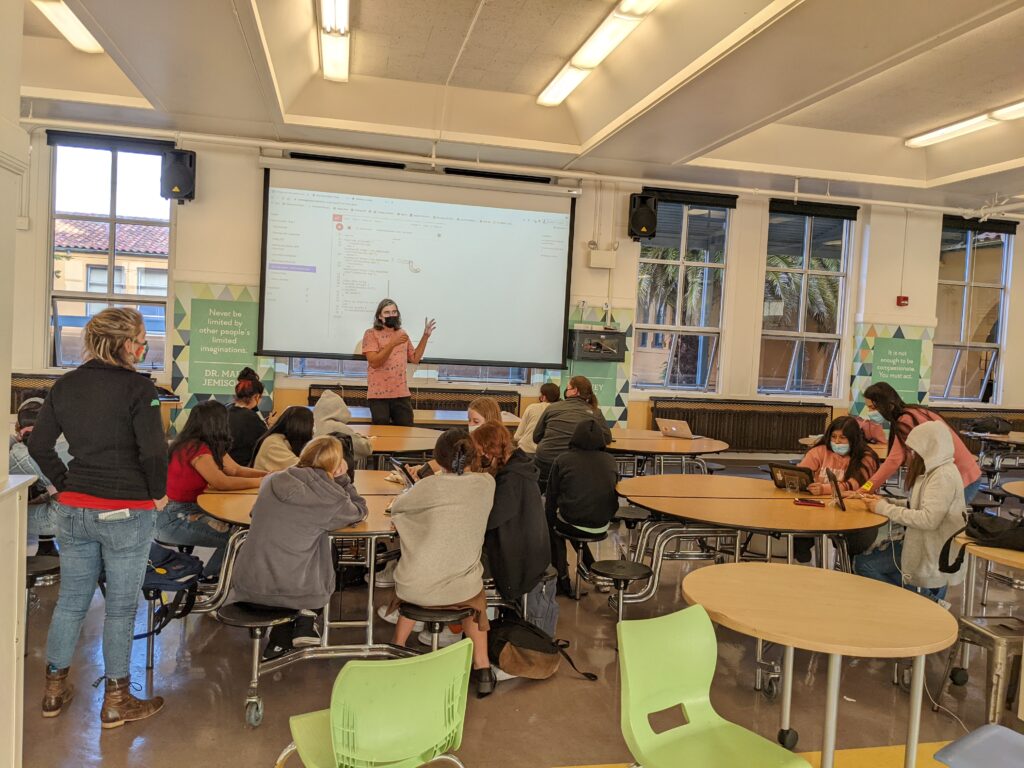
After the activity, students learned about the underrepresentation of women and nonbinary people in STEM fields and the misconceptions that STEM is not fun or for creative minds. Finally, the students explored the benefits of a STEM career especially for women and nonbinary professionals, including exclusive scholarships, high-paying jobs, and special benefits like childcare, travel, remote work, and generous signing bonuses. Then students heard from three women working in STEM.
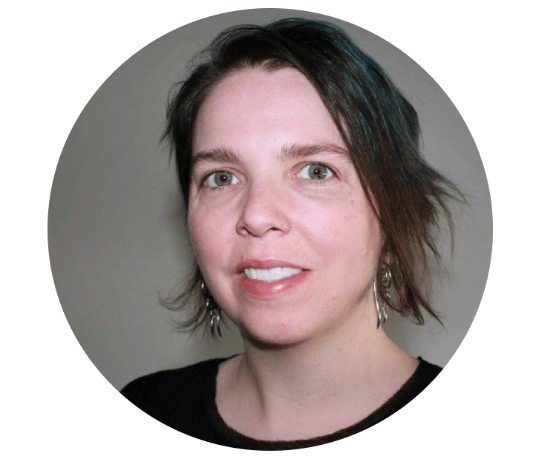
Cecilia Broadaway, Program Manager at Google, has two computer science degrees and one in art. She works in the Google security group, making schedules, adding risks analysis features, and managing people. She breaks the stereotype that if you are creative, math and science are not for you. There is so much art required in creating visually pleasing software, music, fashion, and in other industries. Her job allows her to have fun traveling to Seoul, London, and other places. She also enjoys creating pottery on weekends.

Sheetal Pagadakula, Tech Lead at Google Android Automotive Groups, became interested in programming through an animation class in school. In one class later in her school career, there were 95 boys and only 5 girls in total. It seemed, at times, that tech was not for girls and, even now, she is the only women engineer on her team. However, Sheetal didn’t give up. She believed she was meant to stand out. Her job allows her to make an impact on people across the US and the world. In her spare time, she works on Google Doodles.
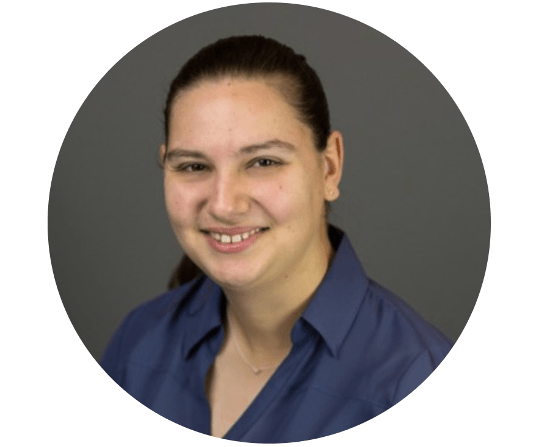
Katelyn Lichte, Production Engineer at Coreva Agriscience, helps acquire and distribute seeds and chemicals for farmers. While she grew up in a rural area in northern Minnesota and loved agriculture, she wanted to avoid 12-hour shifts and manual labor. One of her teachers noticed that she enjoyed taking things apart and told her about engineering. At first, Katelyn thought engineering was only for rich people, but she persevered and fell in love with engineering in college. She now spends most of her day outside, creating different chemicals for farmers. Her work uniform includes goggles, boots, and elbow-deep rubber gloves. Through work, she has also gotten to travel to 8 different states.
After meeting the panelists, students got to ask questions including:
Why would you suggest math and STEM for girls?
Women make up 13 percent of the STEM workforce, with women of color specifically representing just 4.6 percent of all STEM workers. Katelyn shared that she was the only woman engineer when she joined her team. Since then, thanks to her influence and shifts in the culture, every engineer who left has been replaced by a woman, and now six women are on her team. It is a women’s support network and people are feeling heard.
Additionally, biases that men can have often go unrecognized until they work with women and nonbinary professionals. This can compound the gender disparity in the culture of a workplace, the field, and products.
For any field to flourish, all sorts of perspectives and creative people need to be involved to ensure a talented workforce and to prevent bias.
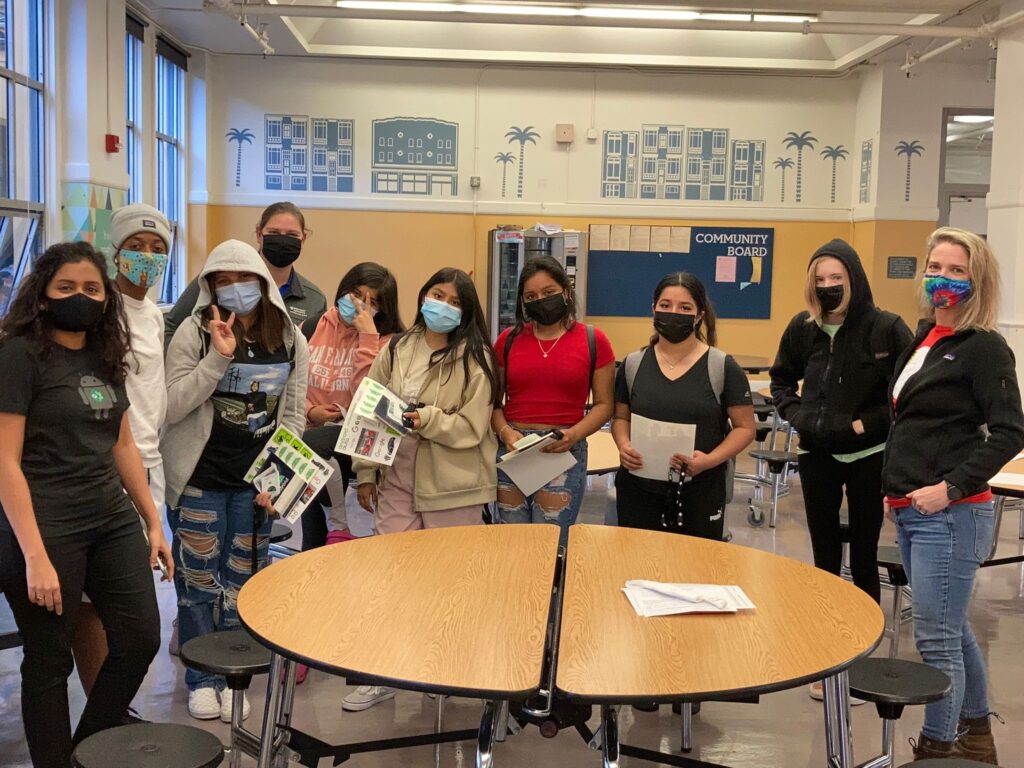
Why do you think IGNITE focuses on girls and nonbinary students?
One major problem that IGNITE seeks to counteract is the confidence gap. Generally, girls and nonbinary students doubt their intelligence more than boys, especially as middle and high school students. Even when boys and girls receive the same math grades, girls tend to feel less competent than boys. Therefore, we are here to tell you that we are crushing our respective engineering fields! Don’t doubt yourself when you take math or computer science courses, just because you are a girl or nonbinary student. You are totally up to the challenge!
Sometimes, even educators can have math anxiety they pass on to the girls. They may grade girls harder and assume they need to work harder to achieve at the same level as boys.
In addition, girls and nonbinary students have fewer popular role models. As a matter of fact, women have long played a vital role in STEM. The world’s first computer programmer was a woman, Ada Lovelace, in a male-dominated era. Grace Hopper was an inventor of computer compilers. There have been many more women in computing who contributed substantially in the industry.
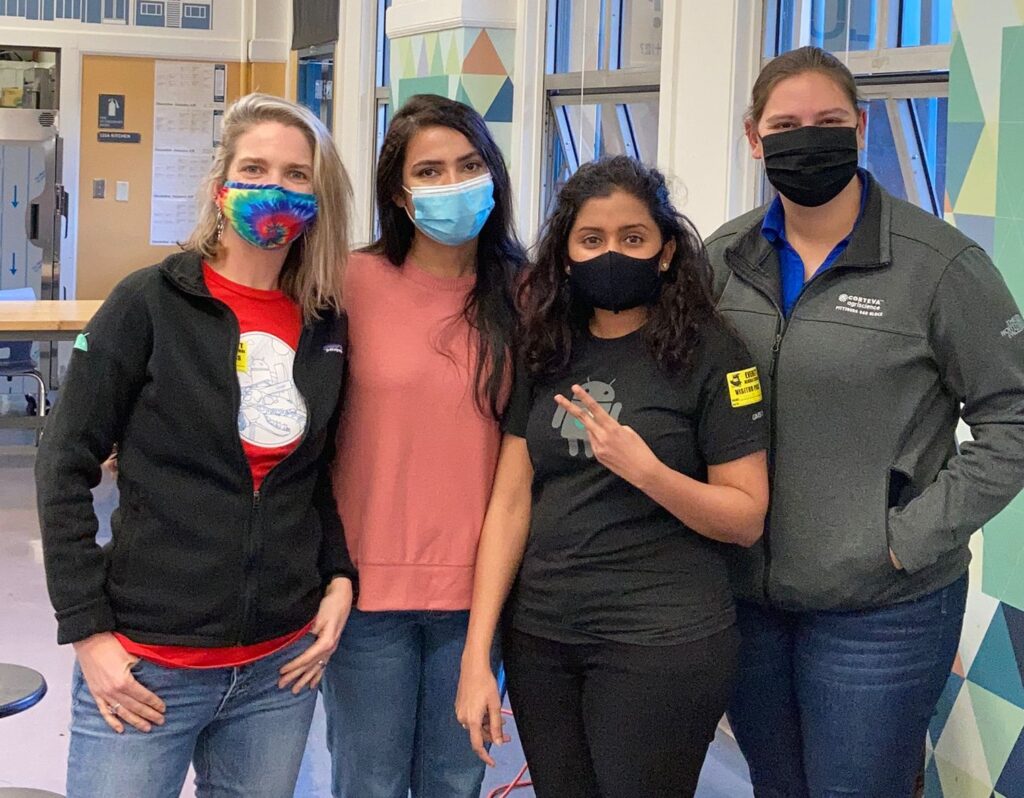
We are so thankful for all our volunteers! Thank you to Everett Middle School Teacher Annicia Jones for facilitating this event, Andrew Grosser from Neuromore for leading the workshop, Cecilia Broadaway, Sheetal Pagadakula, and Katelyn Lichte for being a truly inspiring panel, sharing your time and your stories, and to Blogger Mehjabeen Awan for capturing the event.